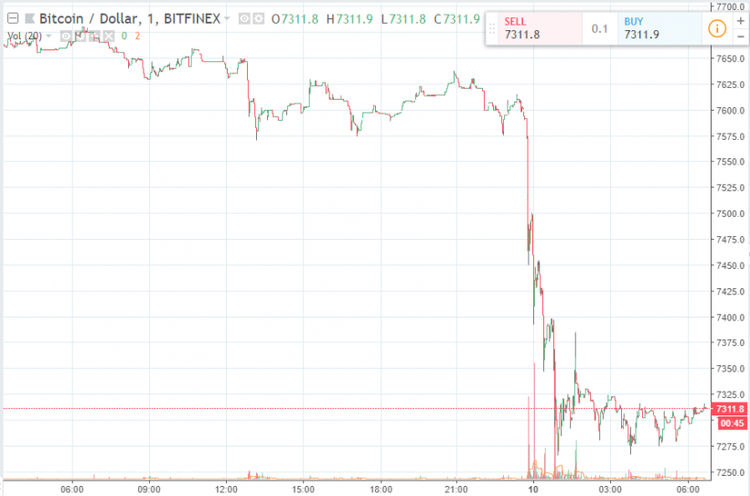The U.S. Commodity and Futures Trading Commission (CFTC) is on an offensive against cryptocurrency exchanges and is asking them to disclose information.
On June 8, Friday, the WSJ reported that CFTC had requested extensive trading data from some crypto exchanges. This was done to identify possible manipulations within the cryptocurrency market.
Why did the CFTC start an investigation?
- CME Group Inc. introduced bitcoin futures in December 2017. The final value of futures is based on the prices of several exchanges: Coinbase, Kraken, Bitstamp, and ItBit. It is reported that a lot of price manipulation, which could affect the final value of futures, were found precisely on these exchanges.
- CME asked the exchanges to provide trading data in January. However, crypto exchanges preferred not to provide any data, saying that the request was formal. After the CME reduced the volume of requested information, some exchanges provided data on the work of their customers.
- Most likely, it was the disagreement between the CME and the crypto exchanges that triggered the investigation of the CFTC. The regulator was concerned that the CME did not have enough information about trading bitcoin futures including the time of trade transactions, canceled and unfinished transactions, the size of transactions, and data identifying traders.
On Sunday, June 10, the price of bitcoin fell by almost 5% in a few hours. Some analysts attribute this to the fact that the regulator initiated an investigation into the activities of Bitstamp, Coinbase, ItBit and Kraken.
No accusations against the crypto-exchanges by CFTC have yet been made. However, many traders took this news as a signal to sell. Growing pressure from the regulators and lack of positive market dynamics forced the bulls to hide and expect the situation to clear up. The further behavior of the market, obviously, will depend on the news on this matter.
However, note that the actions of CFTC in respect of leading cryptocurrency exchanges became known on the evening of June 8. Therefore, it can not be said exactly that this fact has a direct impact on the market collapse. The Internet also suggested that the reason for such a sharp fall is the breaking of the South Korean exchange CoinRail.
A few weeks ago, CFTC’s Division of Market Oversight (DMO) and Division of Clearing and Risk (DCR) issued an advisory to Designated Contract Markets, Swap Execution Facilities, and Derivative Clearing Organizations aimed at clarifying the Commission staff’s priorities and expectations in its review of new virtual currency derivatives to be listed.
Also, in May, it became known that the U.S. Commodity and Futures Trading Commission wants to coordinate regulatory oversight with the Securities and Exchange Commission.
By Ekaterina Ulyanova


